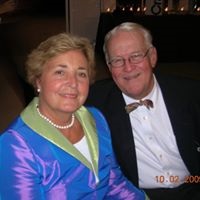Which product did soap salesman William Wrigley Jr. initially begin selling (as a sideline) in 1892?
William Wrigley, Jr., (born Sept. 30, 1861 - died Jan. 26, 1932), American salesman and manufacturer whose company became the largest producer and distributor of chewing gum in the world.
Wrigley went to work as a traveling soap salesman for his father’s company at age 13. In 1891 he went to Chicago as a soap distributor and there started offering baking powder as a premium with each box of soap. In 1892 he began selling baking powder as a sideline, offering chewing gum as a premium. The chewing gum proved more popular than the baking powder, so he dropped both soap and baking powder to sell only chewing gum. He also gave dealers premiums, such as clocks, coffee grinders, or fishing tackle, which varied with the size of the order.
Baking powder is a dry chemical leavening agent, a mixture of a carbonate or bicarbonate and a weak acid and is used for increasing the volume and lightening the texture of baked goods. Early chemical leavening was accomplished by activating baking soda in the presence of liquid(s) and an acid such as sour milk, vinegar, lemon juice, or cream of tartar. These acidulants all react with baking soda quickly, meaning that retention of gas bubbles was dependent on batter viscosity and that it was critical for the batter to be baked before the gas escaped. The development of baking powder created a system where the gas-producing reactions could be delayed until needed.
More Info:
www.britannica.com

